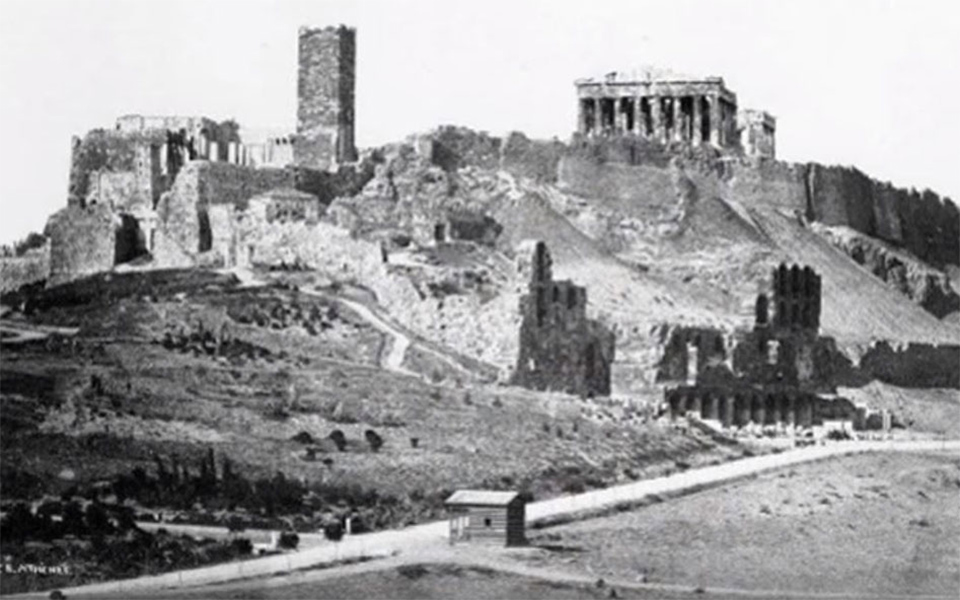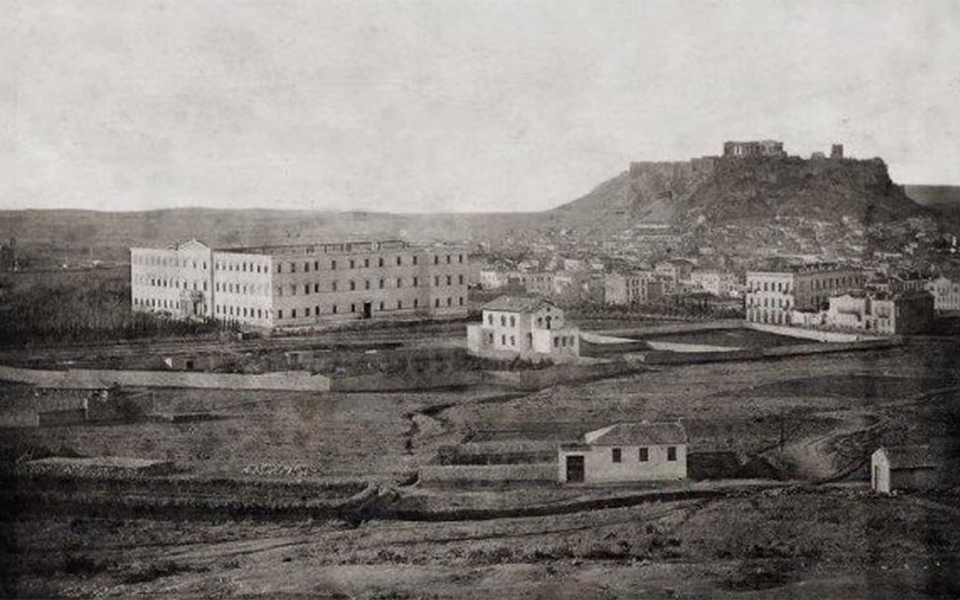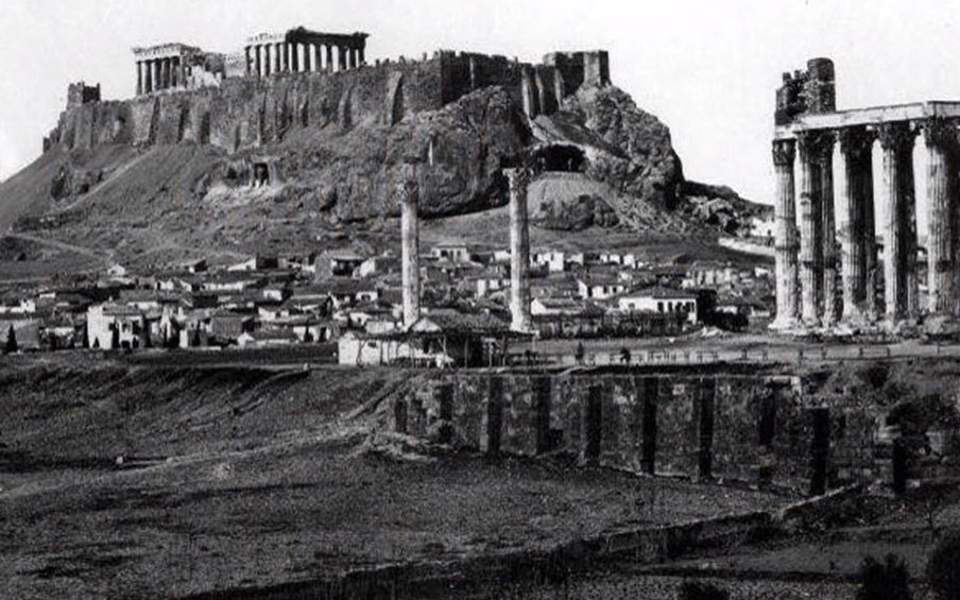On September 18, 1834, following a decree issued by the regency council acting on behalf of King Otto (who was still a minor at the time), Athens was declared the capital of the Greek state. Other cities had also sought the role, such as Argos, Corinth, Piraeus and Nafplio, the last being the capital at the time.

The reasons that led to Athens being crowned capital had to do with its august history as the cradle of ancient Greek civilization. It is likely that the decision was influenced by King Ludwig of Bavaria who was known for his admiration of Classical Greece. The residents, who did not surpass 7,000 in number, celebrated the historic event. At the time Athens was little more than a “big village”; in the same year the population of Patras was 15,000 while that of Thessaloniki was 60,000.

Athens was clustered around the Acropolis (extending roughly from the neighborhood of Psirri to Makrigianni Street), with Plaka (the Old Town) at its center. Among the major problems faced by the new capital was the lack of a water supply network and public lighting and transport systems. Civil and social welfare services were also almost completely absent.

Otto tasked the reconstruction of ruined Athens to the Greek architect Stamatis Kleanthis and the Bavarians Schubert and Leo von Klenze, giving them express orders not to damage the city’s ancient sites.











